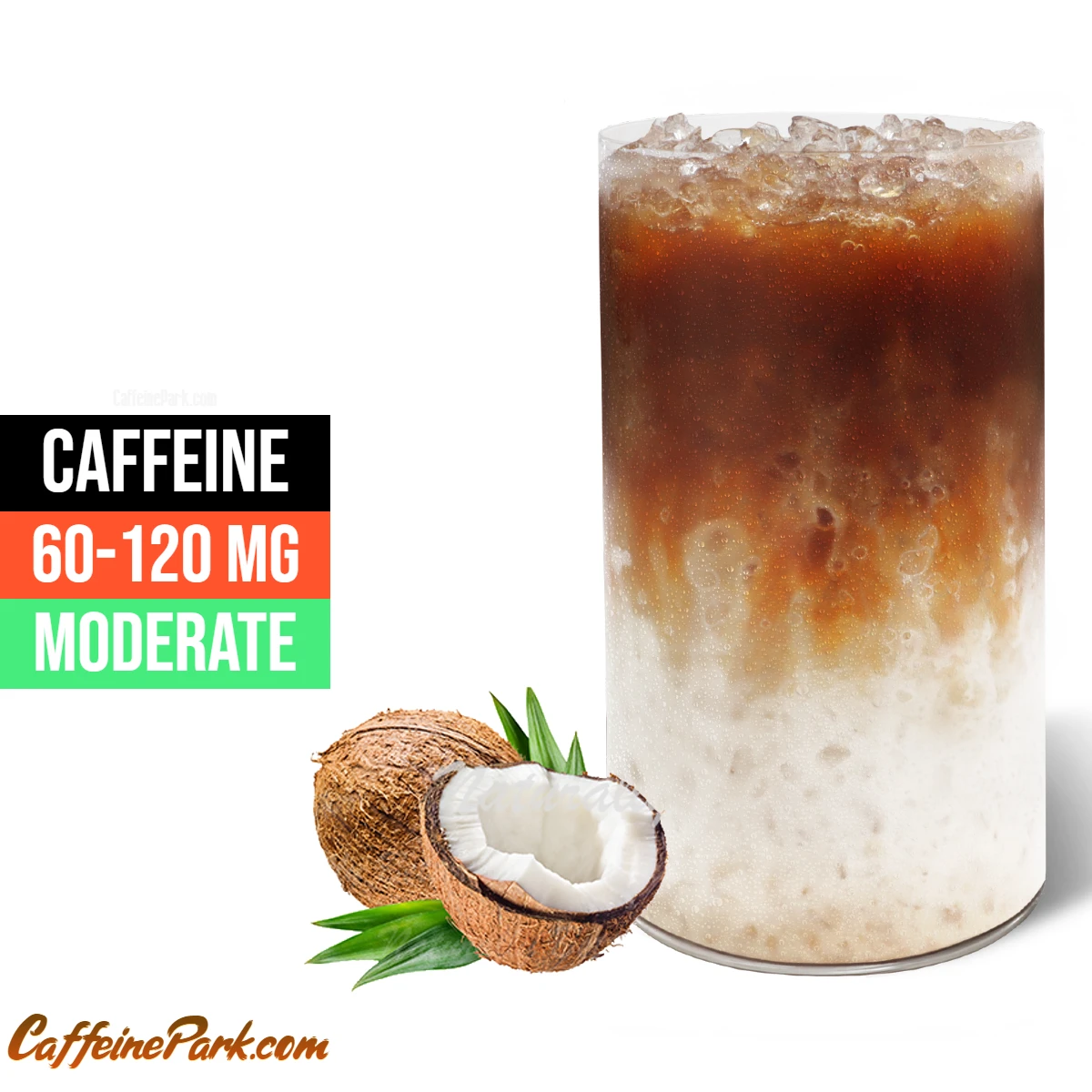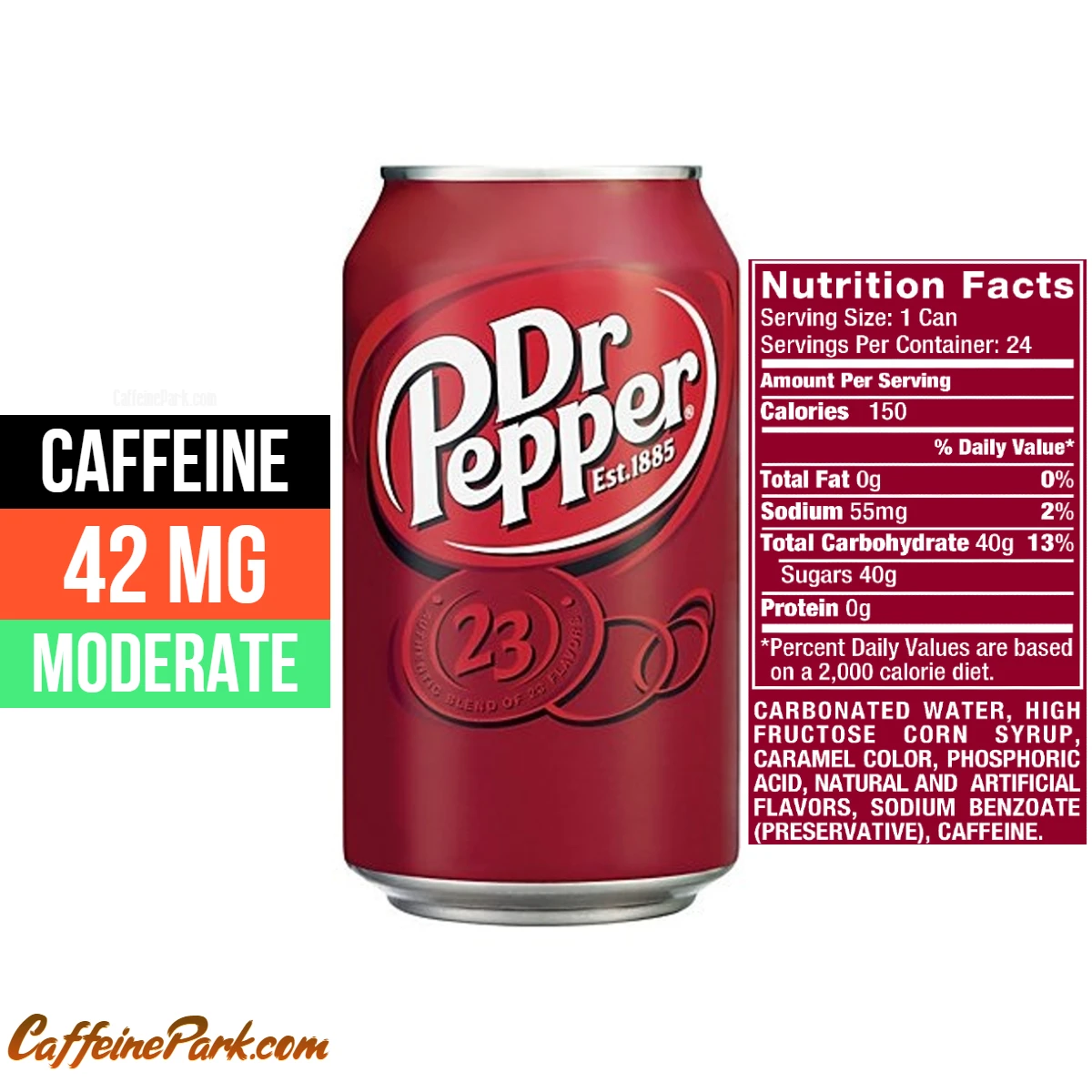Coconut Iced Coffee Caffeine Content

Hey there! Are you a fan of coconut and coffee? If so, you’re going to love coconut iced coffee. It’s a refreshing and delicious way to enjoy your caffeine fix, especially during hot summer days. But just how much caffeine does it contain? Let’s dive into the world of coconut iced coffee and find out.
What is Coconut Iced Coffee?
Before we get into the caffeine content, let’s first talk about what coconut iced coffee is. Simply put, it’s coffee that’s been brewed and then chilled, then mixed with coconut milk, coconut cream, or coconut water, and sweetened to taste. It’s a creamy and flavorful twist on regular iced coffee that’s perfect for those who love the taste of coconut.
Now, let’s talk about the caffeine content in coffee. Coffee is one of the most widely consumed beverages in the world, and it’s no secret that it’s a source of caffeine. Caffeine is a natural stimulant that can help improve alertness, concentration, and mood.
The amount of caffeine in coffee can vary depending on the type of coffee bean, the roasting method, and the brewing method. On average, an 8-ounce cup of coffee contains about 95 milligrams of caffeine. However, this can range from as low as 30 milligrams to as high as 200 milligrams.
Caffeine Content in Coconut Iced Coffee
So, how much caffeine is in coconut iced coffee? The answer is, it depends. Since coconut iced coffee is made with coffee, it will contain some amount of caffeine. However, the amount of caffeine can vary depending on how the coffee is brewed and how much of it is used in the recipe.
If you’re making coconut iced coffee at home, you can control the amount of coffee that goes into it. A good rule of thumb is to use about 1-2 shots of espresso or ½ cup of brewed coffee per 8-ounce serving. This will give you an estimated caffeine content of around 60-120 milligrams per serving.
Here is a chart showing the approximate caffeine content in coconut iced coffee based on serving size and type of coffee:
| Serving Size | Type of Coffee | Caffeine Content |
|---|---|---|
| 8 oz | Espresso | 64 mg |
| 8 oz | Drip Coffee | 95 mg |
| 8 oz | Cold Brew | 200 mg |
| 16 oz | Espresso | 128 mg |
| 16 oz | Drip Coffee | 190 mg |
| 16 oz | Cold Brew | 400 mg |
Keep in mind that these are approximate values and the actual caffeine content can vary depending on the specific type of coffee beans used and the brewing method. Also, if you add other ingredients like sugar or flavor syrups to your coconut iced coffee, the caffeine content will remain the same but the overall calorie content will increase.
It’s always a good idea to be mindful of your caffeine intake and limit yourself to a moderate amount, especially if you’re sensitive to caffeine or have other health concerns.
Benefits and Risks of Caffeine
Now that we know the caffeine content in coconut iced coffee, let’s talk about the benefits and risks of caffeine. As we mentioned earlier, caffeine is a natural stimulant that can help improve alertness, concentration, and mood. It can also provide a temporary energy boost, making it a popular choice for those who need to stay awake and alert.
However, too much caffeine can have negative effects on the body. Consuming large amounts of caffeine can lead to jitteriness, anxiety, and insomnia. It can also cause headaches, increased heart rate, and high blood pressure in some people. Additionally, caffeine can be addictive, leading to withdrawal symptoms if consumption is stopped abruptly.
That being said, moderate caffeine consumption is generally considered safe for most people. The recommended daily limit of caffeine is 400 milligrams, which is equivalent to about 4 cups of coffee. It’s important to note that this limit may be lower for some people, such as pregnant women and those with certain medical conditions.
Tips for Making Coconut Iced Coffee
If you’re interested in making coconut iced coffee at home, here are some tips to help you get started:
- Choose high-quality coffee beans: The quality of the coffee beans you use will affect the overall flavor of your coconut iced coffee.
- Brew the coffee strong: Since you’ll be adding coconut milk or cream to your coffee, it’s a good idea to brew the coffee strong. This will help ensure that the coconut flavor doesn’t overpower the coffee flavor.
- Chill the coffee before adding coconut: It’s important to chill the coffee before adding the coconut milk or cream. This will prevent the coffee from becoming diluted when you add cold coconut milk or cream.
- Use sweetened coconut milk or cream: Coconut milk or cream can be quite bitter on its own, so it’s a good idea to use sweetened varieties. You can also add a sweetener of your choice, such as honey or sugar, to taste.
- Add ice cubes: To make your coconut iced coffee extra refreshing, add a few ice cubes before serving. This will help keep the drink cold and prevent it from becoming watered down.
Variations of Coconut Iced Coffee
If you’re looking to switch things up, there are plenty of variations of coconut iced coffee that you can try. Here are a few ideas:
- Vanilla Coconut Iced Coffee: Add a splash of vanilla extract to your coconut iced coffee for a sweet and fragrant twist.
- Chocolate Coconut Iced Coffee: Stir in some chocolate syrup or cocoa powder for a delicious mocha flavor.
- Cinnamon Coconut Iced Coffee: Sprinkle some cinnamon on top of your coconut iced coffee for a warm and spicy kick.
- Caramel Coconut Iced Coffee: Add a drizzle of caramel syrup for a sweet and decadent treat.
Final Thoughts
Coconut iced coffee is a delicious and refreshing way to enjoy your caffeine fix, especially during the summer months. While the caffeine content can vary, a typical serving of coconut iced coffee contains around 60-120 milligrams of caffeine. Remember to enjoy coconut iced coffee in moderation, and always be mindful of your caffeine intake. With a few simple tips and variations, you can easily make this tasty beverage at home and enjoy it whenever you want.
Alternative to Coconut Iced Coffee
If you’re looking for an alternative to coconut iced coffee with caffeine, there are several options to choose from. Here are a few suggestions:
- Iced Tea: Iced tea is a refreshing and caffeine-containing alternative to iced coffee. You can make your own iced tea by brewing tea bags in hot water and then chilling the tea in the refrigerator. Black tea and green tea are both good options that contain caffeine.
- Matcha Latte: Matcha is a type of green tea that’s ground into a powder and mixed with hot water to make a thick, frothy drink. Matcha contains caffeine and can be made into a latte by mixing it with steamed milk or a non-dairy alternative.
- Cold Brew Coffee: Cold brew coffee is a method of brewing coffee by steeping coarse coffee grounds in cold water for several hours. The result is a smooth and flavorful coffee concentrate that can be diluted with water or milk. Cold brew coffee tends to have lower acidity and a higher caffeine content than regular brewed coffee.
- Chai Latte: Chai is a type of spiced tea that’s made with black tea, milk, and a blend of spices like cinnamon, cardamom, and ginger. Chai contains caffeine and can be made into a latte by steaming the milk and mixing it with the chai concentrate.
- Fruit Smoothie: If you’re looking for a caffeine-free option, a fruit smoothie is a delicious and refreshing alternative. You can blend your favorite fruits with ice, yogurt, or milk, and sweeteners like honey or agave for a healthy and satisfying drink.
These are just a few alternatives to coconut iced coffee with caffeine. Experiment with different flavors and ingredients to find the one that suits your taste preferences and caffeine needs.
FAQs
No, coconut milk does not naturally contain caffeine. However, some brands of coconut milk may contain added caffeine or other ingredients that can contribute to the overall caffeine content of your drink. Always check the label if you’re concerned about your caffeine intake.
The amount of caffeine in coconut iced coffee can vary depending on the type of coffee beans you use and the amount of coffee you use in your recipe. Typically, a cup of coffee contains about 95 milligrams of caffeine on average, but this can vary depending on the factors mentioned above.
Yes, you can make coconut iced coffee without caffeine by using decaf coffee beans. Simply brew your decaf coffee as you normally would, chill it, and then mix it with coconut milk or cream for a delicious and caffeine-free drink.
If you’re concerned about your caffeine intake, always check the label of your coconut milk or cream. Some brands may contain added caffeine or other ingredients that can contribute to the overall caffeine content of your drink.
Yes, you can use coconut cream instead of coconut milk in your iced coffee for a richer and creamier texture. However, keep in mind that coconut cream may contain more calories and fat than coconut milk, so use it sparingly if you’re watching your calorie intake.
Read More:





